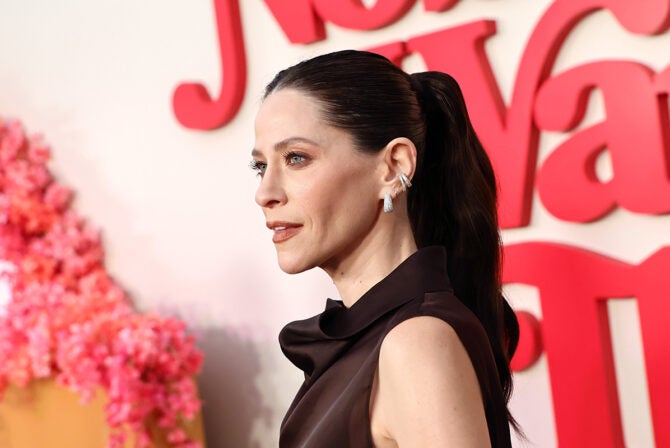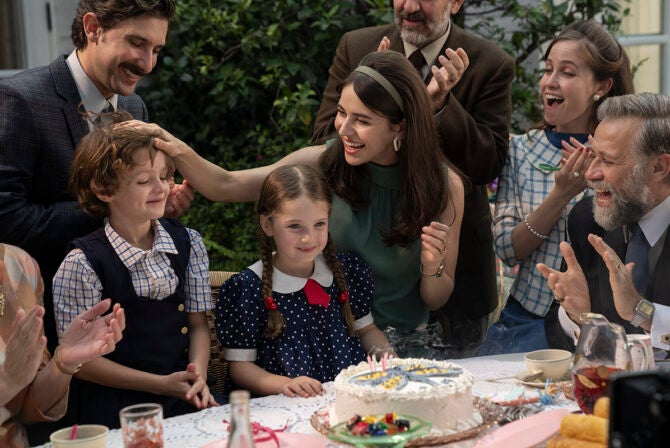I’m an outsider in my own home. As of two weeks ago, when we converted our two young children in the mikveh, I officially became the only non-Jewish member of our household.
This was only official in paperwork, not in practice. I have been living in a Jewish home for nearly 12 years, ever since my husband and I moved in together. Neither a cross nor a Christmas tree has ever adorned our home. Neither an Easter egg nor a slice of bacon has ever been found in our kitchen.
The decision to keep a Jewish home and raise Jewish children was much discussed and thoroughly considered for years before we had children. We celebrate only the Jewish holidays and only attend synagogue as a family.
It’s what fits our family. It’s not what fits every family. It’s the decision we made for our children. It’s not the decision for everyone’s children.
I’m often asked why I don’t consider converting to Judaism myself. After all, all the pieces are in place. I know the traditions and speak the prayers. I can bake a challah and whip up a pretty mean brisket. I read Torah stories to my children and have lived in Israel. All that’s left is to sit before a beit din and take a quick dip in the mikveh, right?
Well, technically yes, but I still have no plans to convert. I respect Judaism and its principles. I fell in love with its traditions and culture, but it’s not my faith. It’s not my path. I’ve had enough years of living in a Jewish home and attending synagogue and celebrating holidays to know, in my heart, it is not my own.
I have found many more Christians than Jews have a difficult time understanding why I would raise my children as Jews. Likewise, I find many more Jews than Christians questioning why I don’t go ahead and just convert for the sake of my family.
It’s what fits me. It’s not what fits everyone.
As an interfaith family, we prepared ourselves against the criticism we most likely were to face. In the beginning, I have to admit, the questions regarding our decisions and sometimes outright rejections were difficult. It hardened me against organized religion and the religious people who made hurtful claims.
Oftentimes, when we sought guidance and acceptance, we were met with disdain instead. It was painful, personally, of course, but it also spoke to the larger reasons why interfaith families often don’t seek out or participate in their respective faiths. I couldn’t comfortably practice my Christianity amongst those who proclaimed my children and husband were “going to hell.” We couldn’t comfortably be around those who asserted my children were never really going to be Jewish and my husband is somehow threatening the survival of the Jewish people.
Today I’m steadfast in my convictions. We’re strong in our decisions and we have found a circle of friends and a community of faith who not only support, but wholly encourage our family.
These choices fit our family. That should be enough.
Read More:
How to Choose a Hebrew Name for Your Baby
No One Prepared Me for My Son’s Bris
9 Surprising Women Who Are (Or Were Raised) Orthodox Jewish







